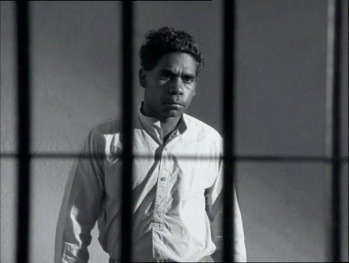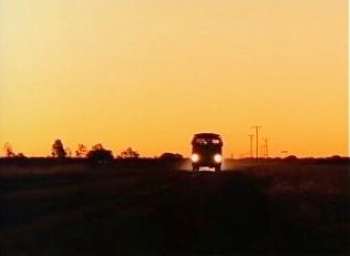

Blood Brothers




Documentary series
Blood Brothers is a series of four Aboriginal stories produced by Ned Lander and Rachel Perkins for SBS. I scored Broken English, added some incidental music to Freedom Ride and created the series title theme (with singing by Djakapurra Munyarryun).
Broken English
Blood Brothers, 1993
Country music elements, performed by The Travelling Country Band, give some breathing space.
Most of John Whitteron’s camerawork is in moody black and white, with courtroom scenes and arrests lit in the style of the ‘50s. The dramatic underscore, largely created with Kurzweil synthesised samples, references the heightened intensity of film music from the period.
Freedom Ride


Directed by Ned Lander, Broken English recreates the false arrest of Aboriginal showground worker (Rupert) Max Stuart for the rape and murder of nine-year-old Mary Hattam on a beach in Ceduna in the late 1950s and follows the subsequent trials and appeals through to the Privy Council in London. The case was a landmark in police verballing and miscarriage of justice, which ultimately caused a change of government in South Australia.
Max Stuart was still alive when the film was made and he appears with his recollections and a surprisingly sanguine view. He was released from jail but never exonerated.








Max Stuart’s story was the basis of the 2002 feature Black and White and Broken English was a resource for that project.